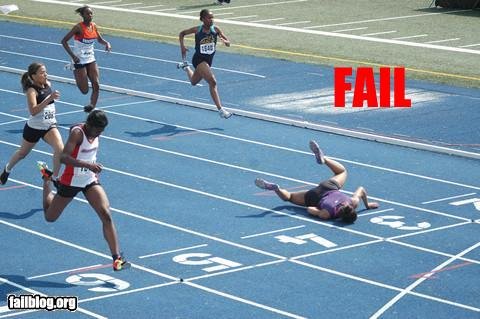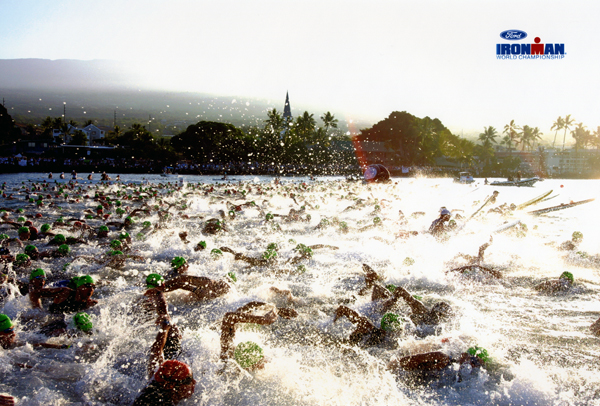A lot of athletes find it difficult to taper because they fear losing fitness, or they want to cram in a last few hard workouts. In the last weeks leading up to the race, you won't lose your fitness or strength, but you could start moving backwards if you don't approach the taper properly. I like to call this part of my training "housekeeping".
 |
| We need more Lemon Pledge. |
1. Staying Injury Free
It's too close to race day to recover properly from an injury so the most important thing for me is to make sure I don't get injured. This means I'm not trying any new workouts. Warm-ups and cool-downs are very important, and I stay clear of activities that can cause injury.
2. Staying Healthy
When workouts decrease, diet and hydration become more important. I can't eat greasy food and pop and just go for a long ride to work it off anymore. Eating is now a big part of my training. Everything I consume is for nutrition to help me on race day. It's also important to not let my immune system weaken. Now is a time when many athletes get sick so it is important to wash your hands often and get lots of fluids, vitamins, and rest.
3. Equipment Check-up
Now is the perfect time to get your gear fixed or cleaned or whatever you need to do. New chain, new tires, new shoes, new clothes...there's two weeks to make sure everything is going to go smoothly on race day. I recently changed my chain and brakes on my bike and I will make sure my shoes and wetsuit, etc. are all in good condition before it's too late to change. Don't worry if you are trying new equipment because you still have two weeks to break it in.
4. Race Day Nutrition
Start thinking about your race day plan...and practice it! I plan on eating 2 gels, oatmeal with milk, toast with peanut butter, coffee and maybe a yogurt before leaving to T1. Then sipping on perform from breakfast to swim start and having another gel or two within 15 minutes of the start. For the next two weeks, I'm going to practice this breakfast first thing in the morning so that I am confident it will agree with me race morning.
5. Confidence
If nothing else, these last two weeks should be when you build confidence in your training. The work has been done and now you can sit back and appreciate your efforts over the previous months. Workouts should be smooth and pace-work be disciplined. Go over mental processes during these last training sessions and practice transitions, eating, and drinking during your workouts.
6. Have a race week plan
The stress of travelling, training, registering, eating, sleeping, and preparing during race week is insane. Have a plan starting with the travel. I get extremely stressed before races when I don't have a schedule so I will make sure to plan out meals, training, registration, and rest ahead of time. This doesn't have to be concrete, but it will save a lot of stress later when you have a schedule to follow.
I will spend the next two weeks perfecting these things so that come race day, I can do all of the little things easily and smoothly. Should anything go wrong, I feel prepared enough that I can deal with solving these problems quickly on the course. If everything goes as planned, I can put all of my energy and focus into racing.
 |
| Everything I do is to hear those 4 words |










